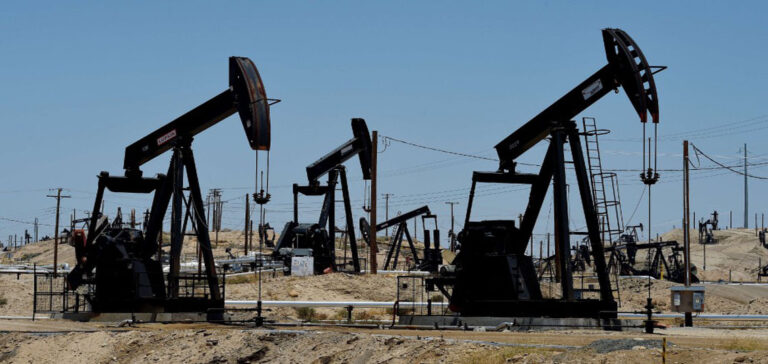Optimism prevails within the World Organization of the Petroleum Exporting Countries (OPEC) regarding the global economic outlook and crude oil demand, according to recent statements by Haitham al-Ghais, Secretary General of the alliance. At a major industry conference, al-Ghais expressed a firm belief in the robustness of oil demand, contrary to the forecasts of some experts who anticipate a peak before 2030.
Contrast with IEA forecasts
In contrast to the projections of the International Energy Agency (IEA), which envisage a levelling off of demand for oil, gas and coal over the course of this decade, OPEC maintains a projection of a significant increase. The organization’s estimate of 17% growth in oil demand between now and 2045 is based on a daily demand assumption of 116 million barrels.
Solid global economy despite challenges
This positive outlook is based on OPEC’s assessment of the health of the global economy, which, despite current obstacles such as inflation and central bank interventions, remains on a growth trajectory. The US economy in particular is performing remarkably well, while Europe is experiencing some difficulties. Nevertheless, the organization’s overall approach remains fundamentally optimistic.
Determination ahead of OPEC+ ministerial meeting
The Secretary General also touched on the indecision surrounding the next OPEC+ ministerial meeting scheduled for Vienna, underlining the impossibility of predicting future decisions. However, he emphasized the organization’s commitment to closely monitoring supply and demand dynamics, which will influence the strategies to be adopted at the meeting.
OPEC+ commitment to market balance
The OPEC+ group has demonstrated a willingness to act proactively to stabilize the market. Key countries such as Saudi Arabia and Russia have reiterated their intention to continue production and export cuts until the end of the year. These measures are in addition to ongoing production restrictions, introduced in May and scheduled to run until the end of 2024, involving a cut of 1.6 million barrels per day by OPEC+ members, including Riyadh, Moscow and other major oil capitals.
OPEC’s optimistic stance reflects confidence in future oil demand, while recognizing the need for a reactive strategy in the face of market fluctuations. The meeting in Vienna will be decisive for the future of international oil policy, with the world community focusing on the balance between supply, demand and the transition to cleaner energy sources.






















